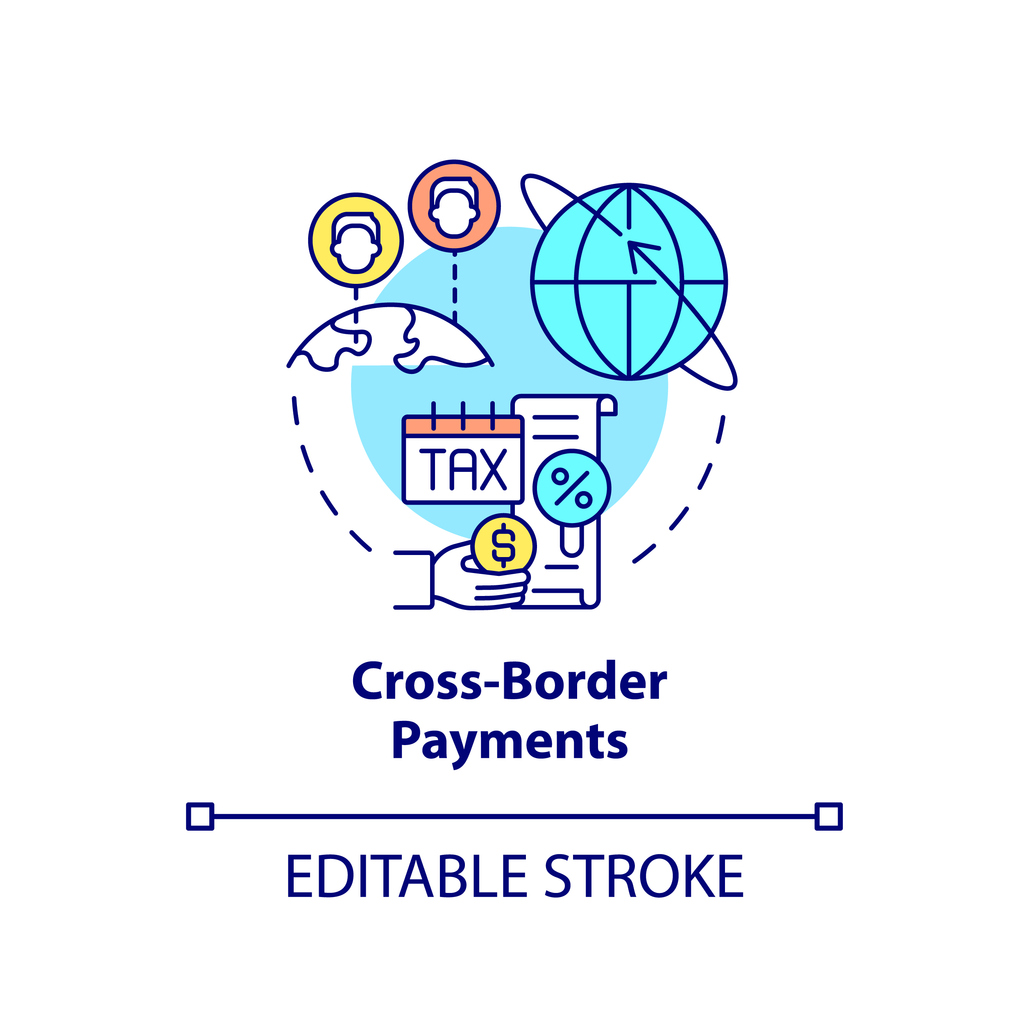Foreign Investor Tax Setup in Ghana: A Practical Guide for Businesses
Ghana has grown into one of West Africa’s most attractive destinations for international companies looking to expand into new African markets. But before launching operations, every business must understand the foreign investor tax setup in Ghana. A clear understanding of tax requirements helps companies reduce risk, avoid penalties, and prepare a solid financial foundation for long-term success.
For importers, exporters, wholesalers, and distributors, knowing how to align your tax structure with Ghana’s regulatory framework can significantly improve operational efficiency. And with the right partner—Wigmore Trading can help—the process becomes far more manageable.
Understanding the Foreign Investor Tax Setup in Ghana
The foreign investor tax setup in Ghana is guided by the Ghana Investment Promotion Centre (GIPC), the Ghana Revenue Authority (GRA), and sector-specific regulations. These authorities determine which taxes apply to foreign-owned companies, how they must register, and the incentives available to qualifying investors.
Foreign businesses entering Ghana typically need to register with the GIPC, obtain relevant business licences, and complete tax registration with the GRA. This ensures compliance from the outset and avoids delays in customs clearance, import duties, or corporate operations.
Corporate Income Tax Requirements for Foreign Investors
Corporate income tax forms a major part of the foreign investor tax setup in Ghana. Most companies pay a standard rate of 25%, although certain industries—such as agriculture, manufacturing, and export processing zones—benefit from reduced rates.
Foreign-owned companies must file annual tax returns, maintain transparent financial records, and follow Ghana’s transfer pricing rules. For importers and distributors who rely on cross-border transactions, adhering to these guidelines is essential to avoid financial discrepancies or audit issues.
Wigmore Trading supports businesses by providing supply chain clarity, ensuring your import documentation and valuation processes remain compliant.
Tax Incentives for Foreign-Owned Companies in Ghana
A major advantage of establishing a business in Ghana is the availability of investment incentives. These incentives reduce operational costs and help companies scale quickly, especially in sectors such as agro-processing, manufacturing, logistics, and export trade.
The most relevant incentives within the foreign investor tax setup in Ghana include:
-
Tax holidays for companies in Free Zones (up to 10 years)
-
Reduced corporate tax rates for strategic industries
-
Customs exemptions on approved machinery and equipment
-
VAT zero-rating for export-focused businesses
Foreign investors looking to import goods into Ghana can also benefit from duty reliefs when they work through efficient supply partners.
Wigmore Trading helps companies optimise their import flows, making full use of available exemptions where applicable.
VAT, Duties, and Indirect Tax Obligations
Understanding indirect taxes is just as critical as corporate tax planning. In Ghana, VAT is charged at a standard rate of 15%, with additional levies depending on the type of goods imported or sold. Customs duties vary based on product classification and country of origin.
For businesses trading in FMCG, electronics, industrial equipment, or packaged foods, accurate duty calculations ensure predictable landed costs. Errors in this area can impact profit margins and delay clearance at Ghanaian ports.
With decades of experience in import logistics and distribution across West Africa, Wigmore Trading assists investors in navigating customs procedures and ensuring every shipment complies with Ghanaian regulations.
Setting Up a Tax-Compliant Structure with the Right Local Partner
To successfully manage the foreign investor tax setup in Ghana, companies benefit greatly from having a reliable local partner. This reduces administrative burdens, supports compliance, and speeds up operational launch.
Wigmore Trading offers practical support, including:
-
Guidance on product import requirements
-
Assistance with customs classification and duty evaluation
-
Wholesale distribution and supply chain solutions
-
Local market insights across Ghana and West Africa
Whether you’re entering Ghana for sourcing, distribution, or full-scale market expansion, having an experienced partner on the ground makes a measurable difference.
Contact Wigmore Trading today to streamline your sourcing and market entry.








Comments are closed.